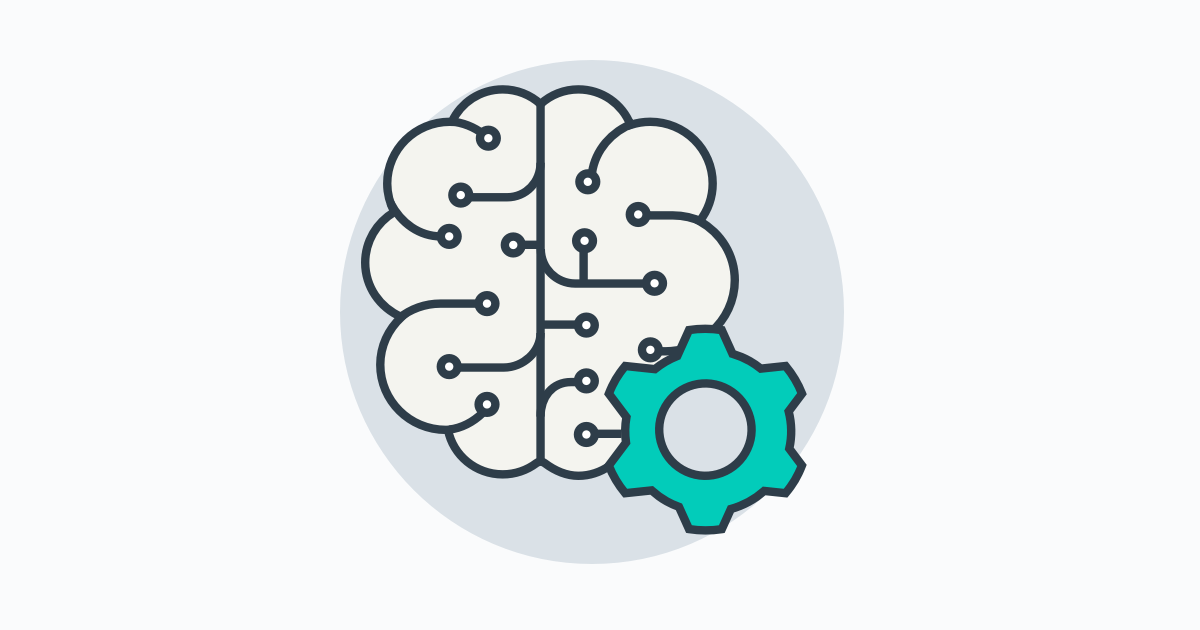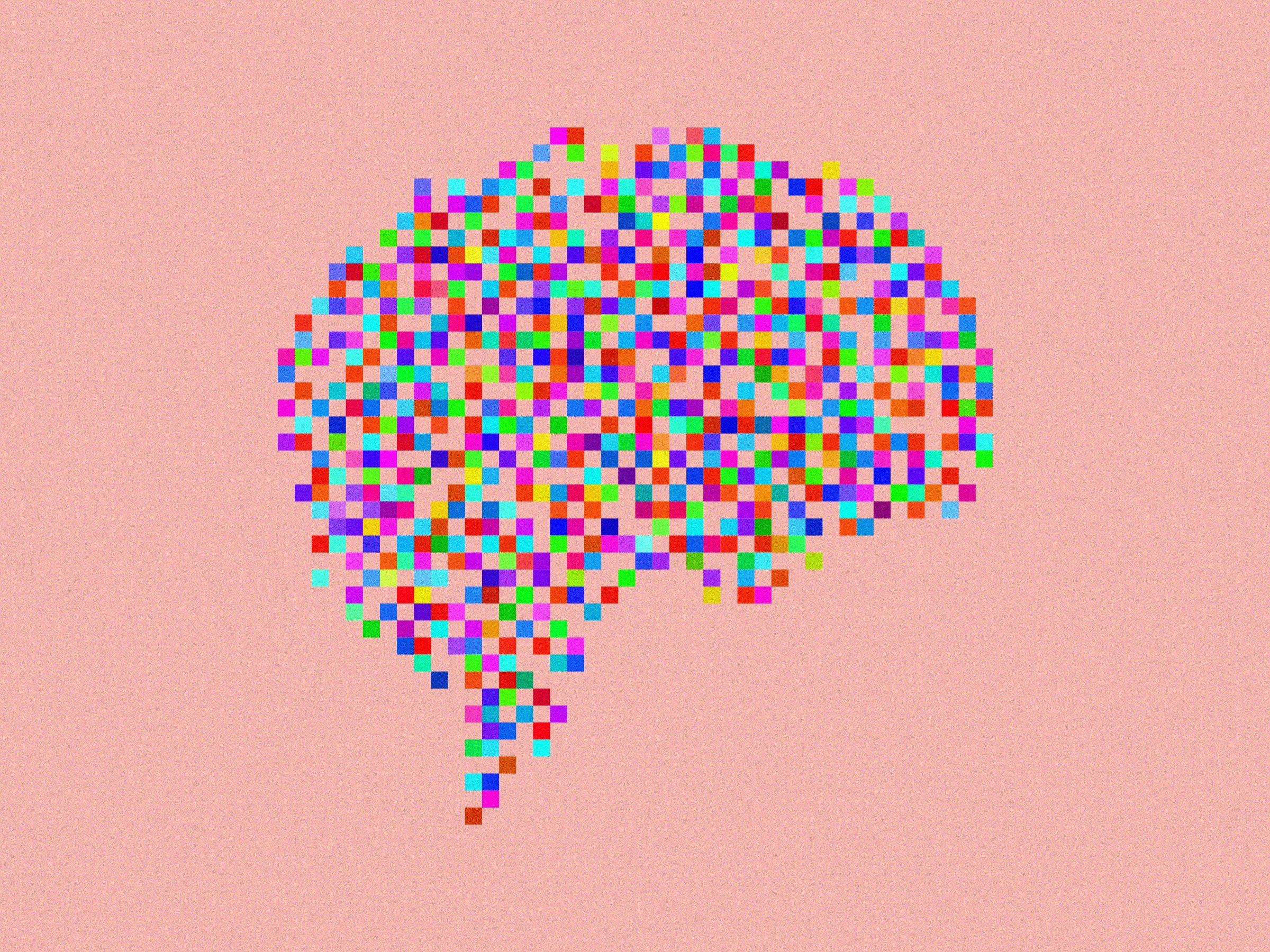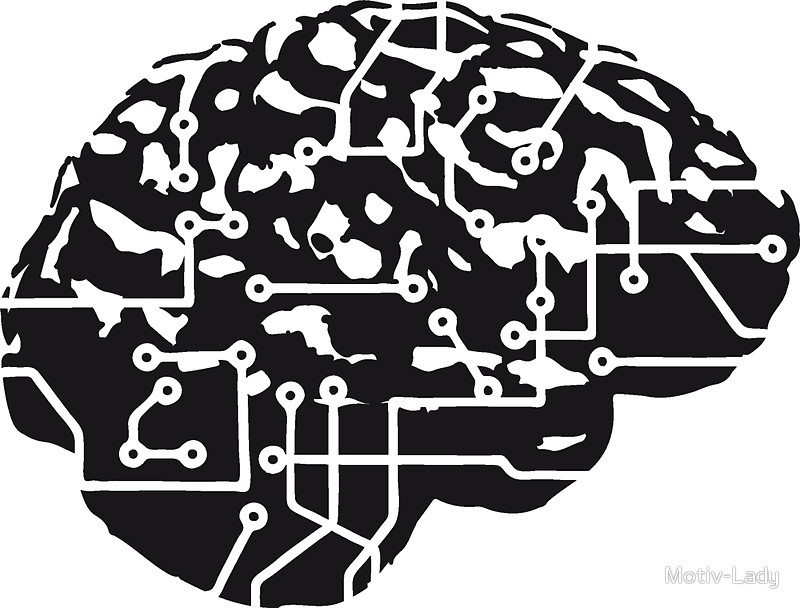A Brain Implant to Boost Memory by up to 30% – Latest Research
Birth of the Cyborg’s brain.
In recent years, studies have shown that so-called ‘memory prostheses’ can be used to improve memory in rodents and primates, helping them to perform better on cognitive tasks.
Now, researchers at the University of Southern California have developed a “memory prosthesis” brain implant, which could enhance human memory.
The device is made up of electrodes which are implanted in the brain. It’s supposed to mimic the way we naturally process memories by giving small electric shocks to the hippocampus — the region of the brain involved in learning and memory. These electric bursts imitate normal brain activity patterns, so the researchers hope it could help people with memory disorders such as dementia.
The team implanted the “memory prosthesis” in 20 volunteers. These people were already receiving electrodes in their brain to treat their epilepsy, so adding the extra system did not require an additional procedure. The tests were done in two parts: First, the team collected brain activity data on the subjects as they learned. Then, they had the implant stimulate the same areas of the brain that lit up during the original memory test. The
test was a simple short-term memory boosting exercise.Based on their research, such stimulation improved short-term memory by roughly 15 percent and working memory by about 25 percent. When the researchers stimulated the brain randomly, performance worsened.
The implant is there to strengthen the normal pathways the brain uses to create a memory. Whenever we receive a stimulus from the outside world, a series of complex electrical signals travel through several regions of the hippocampus, the memory center of the brain. As it passes through this region, the signal is changed to something different and can be sent off to the long-term memory repository.
“We are writing the neural code to enhance memory function,” Dong Song, associate professor of biomedical engineering at the University of Southern California, and one of the authors of the study. “This has never been done before.”
The implant is simply mimicking what the hippocampus naturally does. In doing so, it’s boosting the memory capabilities of the individuals. This doesn’t mean we understand what’s being encoded. Before the human trial started, the researchers described the process as accurately translating Spanish to French without speaking either language.
































